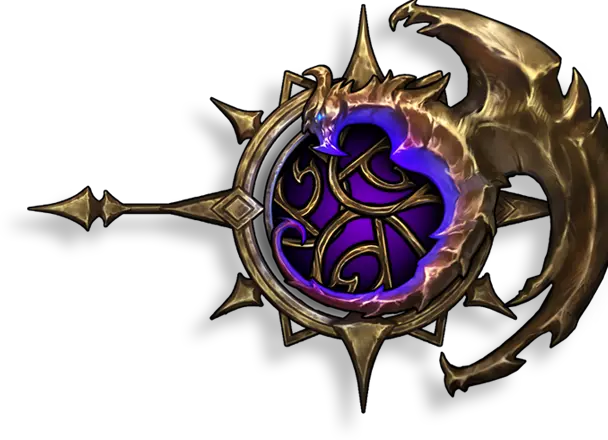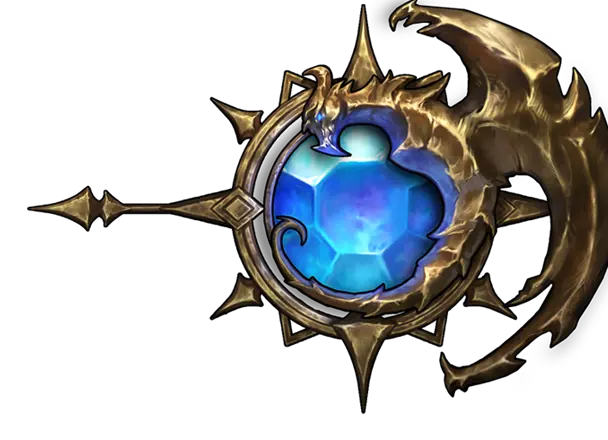Transparency And Fair Play: Using Blockchain To Build Trust In Games
Introduction
The gaming industry has evolved into a massive entertainment sector, with millions of players worldwide. However, with this growth, issues of trust and transparency have become increasingly important. Traditional games often have centralized control, leading to concerns about fairness, security, and the ownership of virtual assets. Blockchain technology has emerged as a potential solution to address these challenges, and this article aims to explore how blockchain can be used to build trust in games.
The Problem of Trust in Centralized Games
Centralized Control and Its Implications
In traditional games, a central authority, usually the game developer or publisher, has complete control over the game’s data and rules. This centralization can lead to several problems:
- Lack of Transparency: Players often have limited insight into how the game operates, including aspects like random number generation (RNG) for loot drops or matchmaking algorithms. This lack of transparency can lead to distrust, with players questioning the fairness of the game’s mechanics.
- Security Risks: Centralized servers are vulnerable to hacking and data breaches, putting players’ personal information and virtual assets at risk.
- Limited Ownership: Players do not truly own their in-game items or currency; instead, they have a license to use them within the game. The game developer can alter or delete these assets at will, leaving players with no recourse.
The Rise of Blockchain Gaming
Blockchain technology offers a decentralized and transparent platform for gaming, addressing the limitations of centralized control. By utilizing blockchain, game developers can create trustless environments where players have greater control and security.
How Blockchain Builds Trust in Games
Decentralization and Immutability
Blockchain’s decentralized nature eliminates the need for a central authority, distributing control among its users. This means that no single entity can manipulate the game’s rules or data. Additionally, the immutability of blockchain ensures that once information is recorded on the blockchain, it cannot be altered or deleted, creating a permanent and auditable history of all in-game events.
Transparency and Fairness
Smart contracts, self-executing contracts on the blockchain, can be used to automate and enforce the rules of the game. These contracts are publicly visible, allowing players to verify the fairness and transparency of the game’s mechanics. For example, the code for RNG algorithms or loot distribution can be stored on the blockchain, ensuring that these processes are not manipulated.
True Ownership and Interoperability
Blockchain enables true ownership of virtual assets through non-fungible tokens (NFTs). NFTs represent unique in-game items, giving players verifiable ownership and the ability to trade or sell these assets on open marketplaces. This interoperability allows players to take their items outside the game, creating new economies and opportunities for players.
Specific Examples of Blockchain Building Trust
Provably Fair Games
Blockchain technology allows for the creation of provably fair games, where the fairness of random events can be mathematically proven. This is often used in online casinos and gambling platforms to ensure that the house cannot manipulate the outcome of games. By publishing the game’s algorithms and allowing players to verify the results, trust is established.
Asset Ownership and Marketplaces
Games like CryptoKitties have demonstrated the potential of blockchain for true ownership of virtual assets. Players can buy, sell, and trade unique digital cats represented as NFTs. This ownership extends beyond the game, allowing players to take their assets to other platforms or marketplaces.
Decentralized Autonomous Organizations (Daos) in Gaming
DAOs are community-led organizations that allow players to have a say in the governance and development of a game. By holding governance tokens, players can vote on proposals and influence the direction of the game. This creates a more democratic and transparent system, where the community has a vested interest in the game’s success.
Challenges and Opportunities
Scalability and Cost
Blockchain technology, particularly public blockchains like Ethereum, can face scalability issues, leading to slow transaction speeds and high costs. This can be a barrier for mainstream adoption of blockchain games. However, solutions like layer-2 scaling and alternative blockchains are being developed to address these challenges.
User Experience
The user experience for blockchain games can be complex, requiring players to manage wallets, private keys, and other technical aspects. Simplifying this process and making blockchain games more accessible to mainstream users is crucial for wider adoption.
The Future of Blockchain Gaming
Despite these challenges, the future of blockchain gaming is promising. As technology evolves and becomes more user-friendly, we can expect to see more innovative and immersive games built on blockchain. The potential for true ownership, interoperability, and decentralized governance is likely to revolutionize the gaming industry, creating a more trustworthy and equitable environment for players.
Blockchain technology has the potential to transform the gaming industry by addressing the issues of trust and transparency that plague centralized games. By leveraging the decentralized, immutable, and transparent nature of blockchain, game developers can create fairer, more secure, and engaging experiences for players. While challenges remain, the opportunities presented by blockchain gaming are vast, and we can expect to see significant growth and innovation in this space in the years to come.







